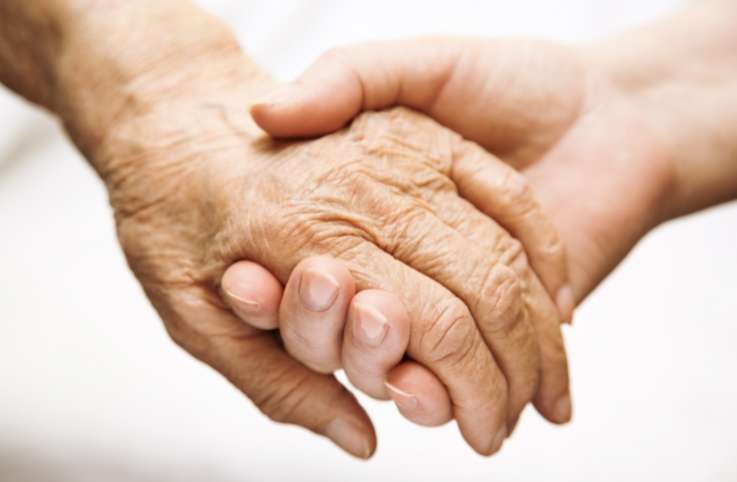The first four commandments explain how to deal with God. The fifth commandment is the top rule of how to deal with each other. It says, of course, “Honor your father and your mother.” In his letter to Timothy, Paul says those who fail to follow that commandment are worse than non-believers.
Why then do so many of us fail to watch over our parents in their old age? What about the other elderly? The Bible clearly states we should take care of the elderly widows, clarifying that real widows are those who have no children (or grandchildren) to help them (1 Tim 5:3-4).
It’s always the teachers’ fault
When Sunday school teachers teach about honoring parents, they teach it in the context they are dealing with at the moment- actual children. They implore their charges to behave in the home and show respect for their parents in the community.
When students grow up and leave the household, they act as though the commandment for children no longer applies. One adult follower argued that since Genesis tells us to leave the parents and cleave to our spouse (Gen 2:24) his only role was to care for the spouse and their own children.
But Biblical authors are referring to genealogical children, not developmental stages. This is evidenced by the grouping of elderly parents with elderly widows when the matter is discussed outside of the original commandment presentation.
The Repercussions of not caring for elderly relatives
The fifth commandment is the first with a promise: “that it may go well with you and that you may live long in the land God is giving you.” (Eph. 6:2-3). In his first letter to Timothy, Paul extends this edict to grandchildren respecting their grandparents.
The Bible instructs the church to care for the widows. The authors are talking about men and women who are elderly and need assistance. In the first century, believers brought everything they owned and divided it evenly among themselves and the elderly widows.
Paul directs that if a believing Christian “has” widows, he should take the burden of their care on himself to save the church’s resources for others.
“This pleases God very much,” he continues, “but those who won’t care for their own relatives, especially those in their own household, have denied what we believe.” (1 Tim 5:3-4)
What’s that look like today?
Caring for elderly parents often means bringing them into your home. This may create crowding or diminish privacy… kind of like it was when your parents were raising you.
Of course, there are parents who “don’t want to be a burden” and insist they are fine on their own. Don’t believe them; at least, not completely. Visit them regularly and really check how they are doing. Look in the refrigerator. Check medicines. Make repairs. Remind them they are welcome to stay with you.
Church programs for the elderly without family usually include visits, food baskets, and meal-sharing. But being on assistance doesn’t mean the elderly are confined. Take them out. Bring them to church. Visit a park or even just sit in their back yard with them for some time and talk.
The Bible is clear. The church cares for elderly widows (men and women) who do not have family to care for them. It is a commandment. Family cares for family. Following that direction will reward you with good things and a longer life.






